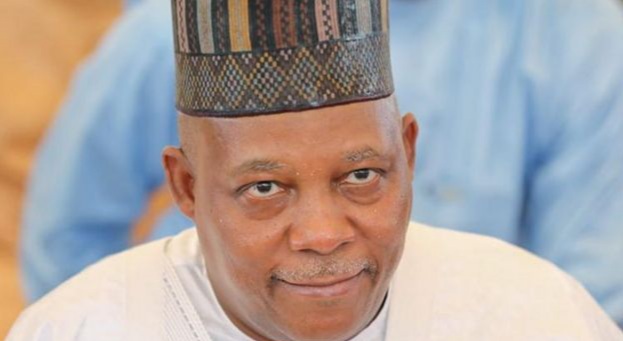Vice-President Kashim Shettima has said that the Tinubu administration won’t be blaming the administration of former President Muhammadu Buhari for the challenges it encountered after taking over.
In his speech at the second Chronicle Roundtable, organised by the 21st Century Chronicle, Shettima said this is the most difficult time to occupy political leadership in Nigeria due to the challenges facing the country.
He said;
“The president chose the option that will save the lives of the people instead of the ones that will lead to the prolong the economic death. We will not resort to put the blame on previous administration as leadership is about courage, continuity.
“Before we took charge, the biggest elephant in the room was about fuel subsidy removal. It was an albatross round the neck of the nation for the past 20 to 30 years. We understood why our predecessor decided to remove the subsidy because there were no sufficient budget for it in the fiscal year.
“A year before we took office, Nigeria’s debt service to revenue ratio had grown to 111.18 percent. It was an economic death sentence. To be plain to us, our debt service was that if you earn N100,000, you are forced to borrow an additional N11,800 to pay the debtor. How do we intend to survive this? It will be long before we become a pariah.
“We have to jettison the subsidy regime, it was a bitter pill to swallow but we had to do it.”
On economic reforms, Shettima said;
“A presidential candidate in the last election, eager to mock our economic trajectory once pointed Argentina as a model to Nigeria and became an overnight market specialist. He was convinced that we have missed our way and should have adopted the ways of our friends in South America.
“Barely two weeks, we watched as Argentina’s inflation rate surged. We respect what the president is doing there but governance is not photocopying.”
The Vice President added that the intervention of CBN and NSA to neutralise influential currency manipulators that have conspired to frustrate its reforms led to the saving of the Naira.
He said;
“Today, I stand proud to say that our intervention has translated into desirable goals. Naira speculators were projecting that the Naira will go as far as N5,000 to the dollar. Some bought the dollar at the rate of N2,000 from banks.”

